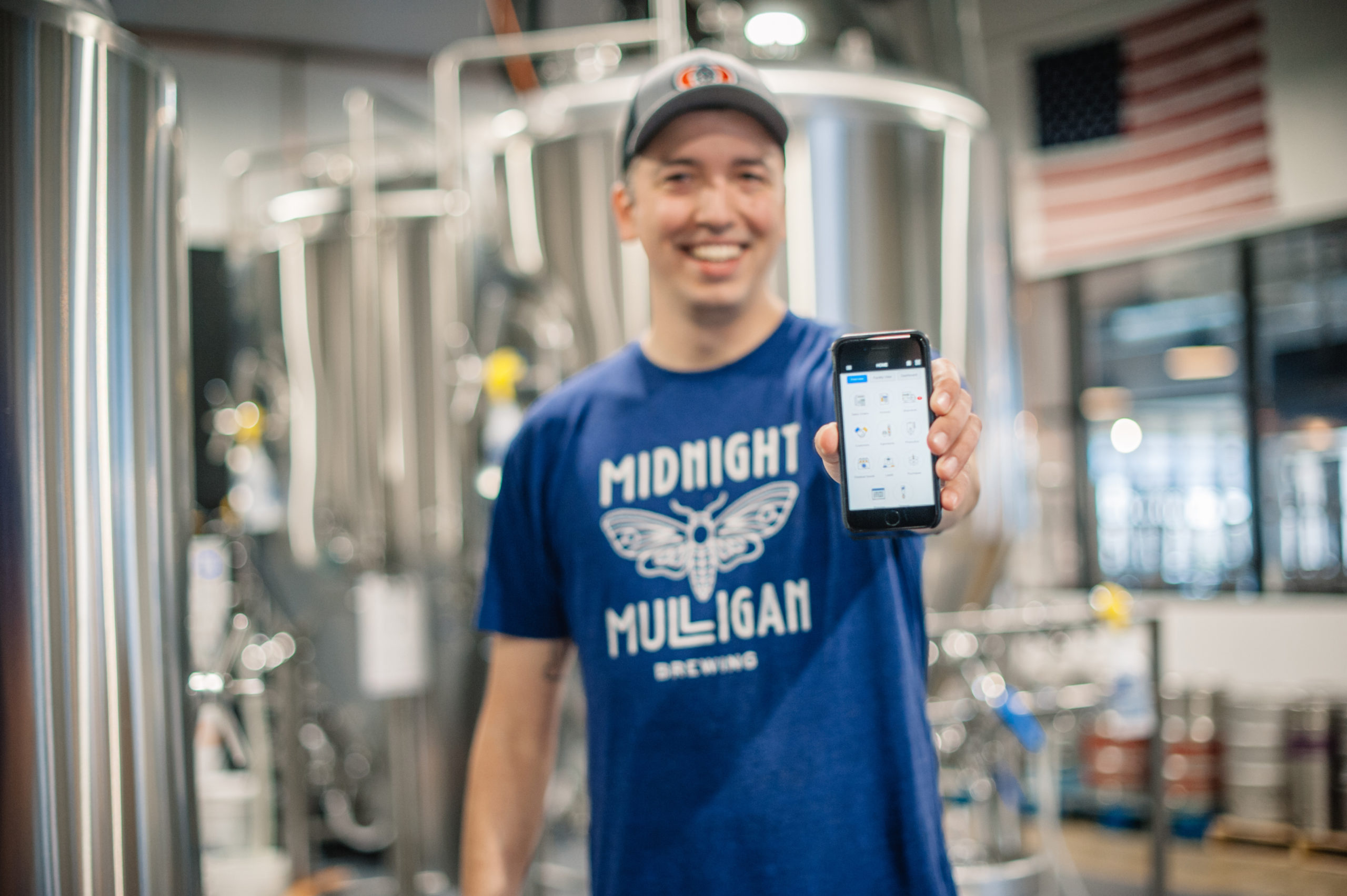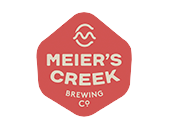The brewery industry is facing many challenges — rising prices and inflation, difficulty sourcing raw materials and ingredients, and an ongoing labor shortage. Amid these difficulties, business owners are trying to figure out how to maintain their current operations with minimal disruption. One of the best ways to keep moving forward is to find ways to do more with fewer resources by automating processes. With automation, you can save time, improve efficiencies, and get information faster.
There are hundreds of tasks you could automate in your brewery, but here’s our take on five management tasks that could make an immediate impact on your business.
Managing Raw Materials & Ingredients
You want your beer production to flow as efficiently as possible so you can fulfill existing sales orders and keep up with consumer demand. Ideally, every time you finish a batch, you are ready to start the next one. But what happens when you don’t have the right ingredients or packaging materials on hand? You have to delay your production schedule, which means lost revenue and unhappy customers, or you have to pay expedited shipping to get the materials you need delivered as soon as possible. On average, breweries spend $250 extra on each expedited ingredient order.
How to automate it:
If you use an inventory management software like Ekos, you can see all of the inventory you have on hand and know when you are going to run out. The forecasting capabilities can help you plan ahead so that you aren’t caught off guard when you go to your storage area to grab a new bag of malt or run out of cans halfway through your canning day. With Ekos, forecasting is simple. All of your inventory is stored in the software and you can set reorder points when you fall below a certain threshold. While you have the ability to look ahead months at a time, you also receive notifications within Ekos that remind you it’s time to place an order.
Generating TTB Reports
We’re willing to bet that TTB and excise tax reporting is one of the least-loved tasks for brewery owners and managers, but it is absolutely crucial that you get it right. This means that you have to pull together information that is often stored in disconnected spreadsheets or systems. Depending on your production size, you may need to be filing reports on a monthly basis, which can take upwards of 10 hours each month. This is valuable time that could be better spent elsewhere in managing and growing the business.
How to automate it:
Ekos makes TTB reporting a breeze and helps brewery owners save valuable time each month. As long as you’re keeping inventory and production data up to date in Ekos, you can automatically generate a TTB report based on your data. Ekos takes an exhausting process and simplifies it — run the report, double check it, and submit it to the TTB.
Inputting Sales Orders
Every sales leader knows that time is money. The more time sales reps can spend building relationships and talking to customers, the more money you can make. But of course, there is admin work that has to happen behind the scenes, providing a great opportunity to automate manual tasks for your sales team. One time-consuming task is inputting sales orders. After the customer requests an order, sales reps need to document the order, check that the inventory is available, and schedule delivery. And, usually, there’s some back-and-forth required to get the sales order confirmed.
How to automate it:
A digital sales order portal allows customers to place orders themselves. Ekos Order Hub is an online portal fully integrated with other modules in Ekos, so when customers place an order, it automatically creates a sales order in Ekos and depletes inventory in real-time. It also streamlines the approval of sales orders and keeps all communication about orders in a centralized location. One Ekos customer, Heist Brewing, also uses Ekos Order Hub to help their sales team get ahead by allowing customers to pre-order upcoming beer releases within the hub.
Training & Onboarding New Employees
Once you’ve found a new employee to fill an important role on your team, you want to get them up and running as fast as possible. But before that employee can start taking on their fair share of the work and bringing value to your organization, you have to take the time to train them. Training is time-consuming and interrupts your typical workflow as you need to explain processes and provide hands-on instruction. While there is no way to completely automate employee onboarding and training, you should be thinking about where your time as an owner or manager can be best spent. Focus your energy on things that new employees can’t learn anywhere else — your company culture, specific processes and SOPs, communication preferences, etc.
How to automate it:
Where you can automate training is with your software solutions. Instead of having your new employee stand over your shoulder as you walk through the system, let them take advantage of existing training and resources so they can learn the basics on their own time. Every Ekos customer has access to free, high-quality support in a variety of formats. From Knowledge Base articles that provide step-by-step instructions and answers to FAQs to weekly Ekos Academy Live training webinars and live support from our Technical Support team, you can feel confident that new employees can quickly get up to speed on how to use Ekos.
Syncing Data Between Systems
Utilizing technology can help you work more efficiently, but what happens when you have too many systems that don’t talk to each other? To get the insights you need, you (or someone on your team) has to manually enter data in multiple places. This not only takes time, but it also opens the door for data entry errors that could have big effects on your business if you are relying on information in these systems to make decisions.
How to automate it:
Select a business management software that can be your system of record through which all information flows. Obviously, we recommend Ekos, which can integrate with your POS and ecommerce systems as well as >QuickBooks>. By connecting these three systems, you can improve visibility across your business by automatically syncing daily sales to deplete inventory and creating journal entries in your accounting system. Ekos customers using these integrations report saving upwards of three hours per week and get a real-time look at their inventory and sales data.
Automate Manual Tasks With Ekos
If you want to learn how you can save time by automating tasks across your brewery, get in touch with our sales team or click through our product tour.





